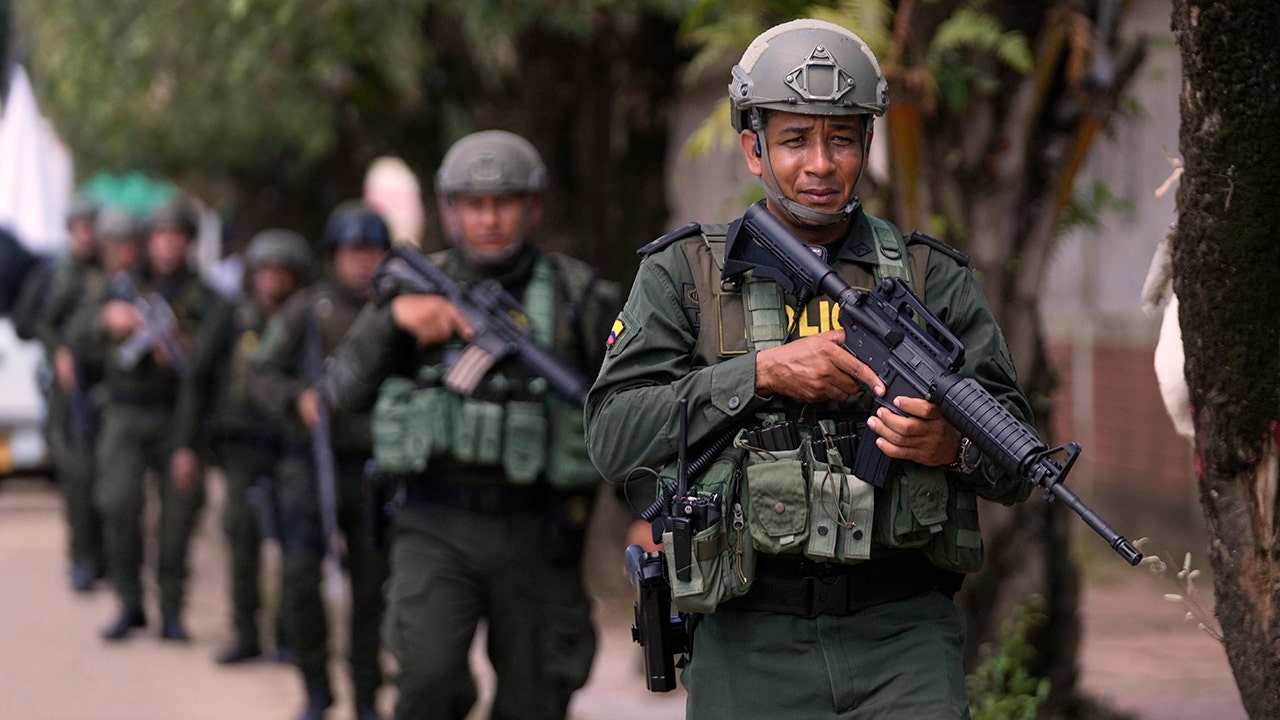Colombia president decrees emergency powers to restore order in coca region wracked by rebel combat

Colombia’s President, Gustavo Petro, has taken drastic measures to restore order in the coca-growing region of Catatumbo, near the border with Venezuela. In response to a deadly turf war between dissident rebel groups, Petro issued a decree granting him emergency powers for 90 days. This decree allows him to impose curfews, restrict traffic, and take other steps to restore peace in the region, even if it means violating civil rights or bypassing congressional approval.
The recent conflict in Catatumbo has resulted in at least 80 deaths and the displacement of approximately 36,000 people. The National Liberation Army (ELN) and remnants of the Revolutionary Armed Forces of Colombia (FARC) are engaged in intense fighting for control of the area. This conflict highlights the ongoing struggle for the Colombian state to establish authority in this historically lawless region.
Critics of President Petro have condemned his use of emergency powers, accusing him of disregarding the constitution. However, supporters of the decree are optimistic that it will lead to much-needed improvements in infrastructure, healthcare, and education in Catatumbo.
Jaime Botero, an activist in Tibu, emphasized the lack of government investment in the region as a driving force behind the presence of armed groups. He believes that Petro’s actions may signal a positive change for the neglected area.
In addition to the decree, President Petro has reactivated arrest orders against 31 ELN commanders and suspended all peace talks with the guerrilla group. The ELN, which has historically dominated Catatumbo, is facing challenges from FARC holdouts seeking to expand their influence in the region.
The conflict in Catatumbo is not contained within Colombia’s borders, as violence has spilled over into Venezuela. Some displaced individuals have sought refuge in the neighboring country, further complicating the situation.
The whereabouts of ELN peace negotiators are currently unknown, raising speculation that they may be hiding in Venezuela. Cuba, a key player in Petro’s peace initiative with the ELN, has denied hosting the negotiators, adding to the uncertainty surrounding the peace process.
President Petro’s decisive actions in Catatumbo underscore the gravity of the situation in the region and the challenges faced in establishing lasting peace. As the conflict continues to evolve, the international community will closely monitor developments in Colombia and Venezuela.




